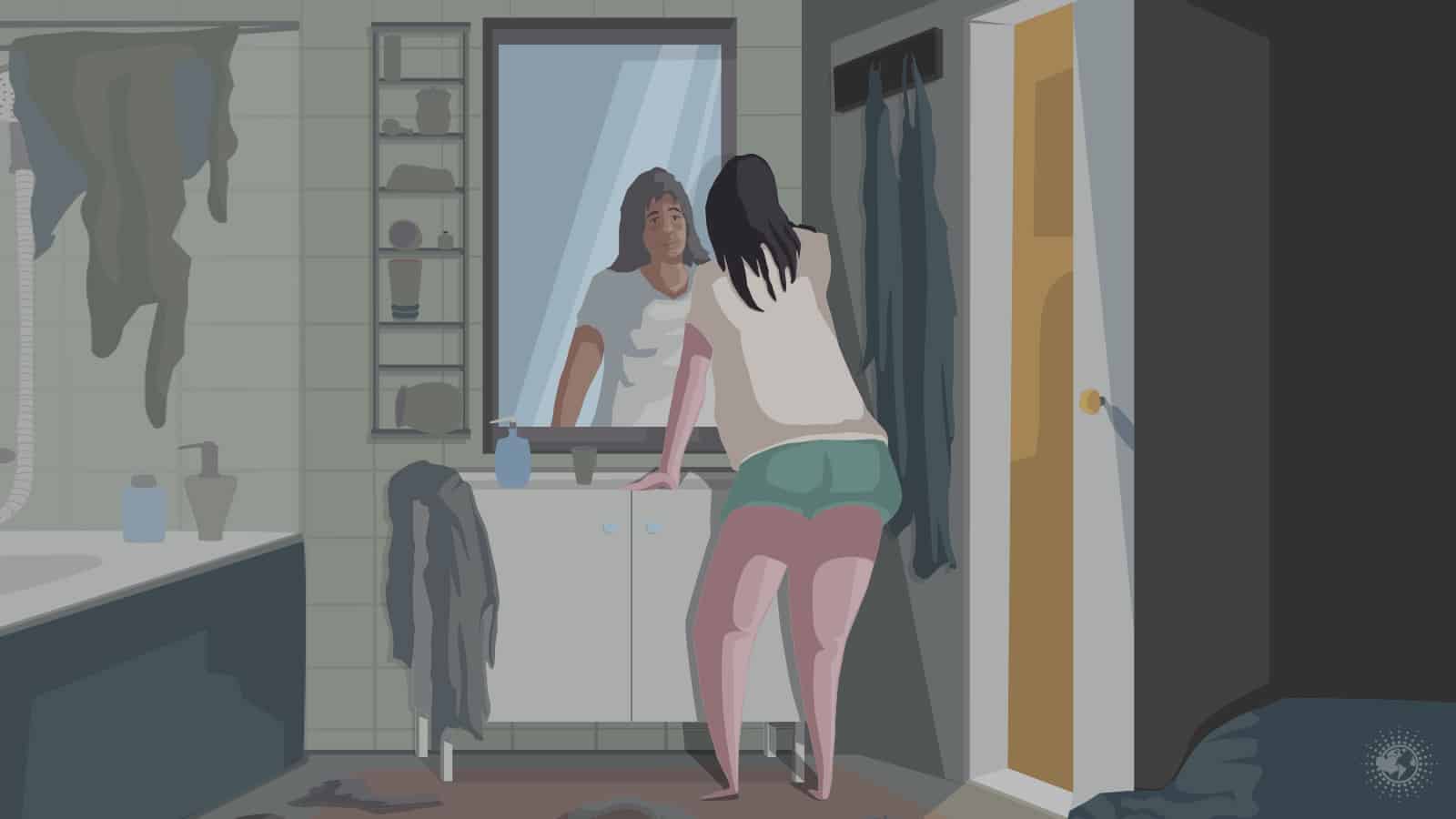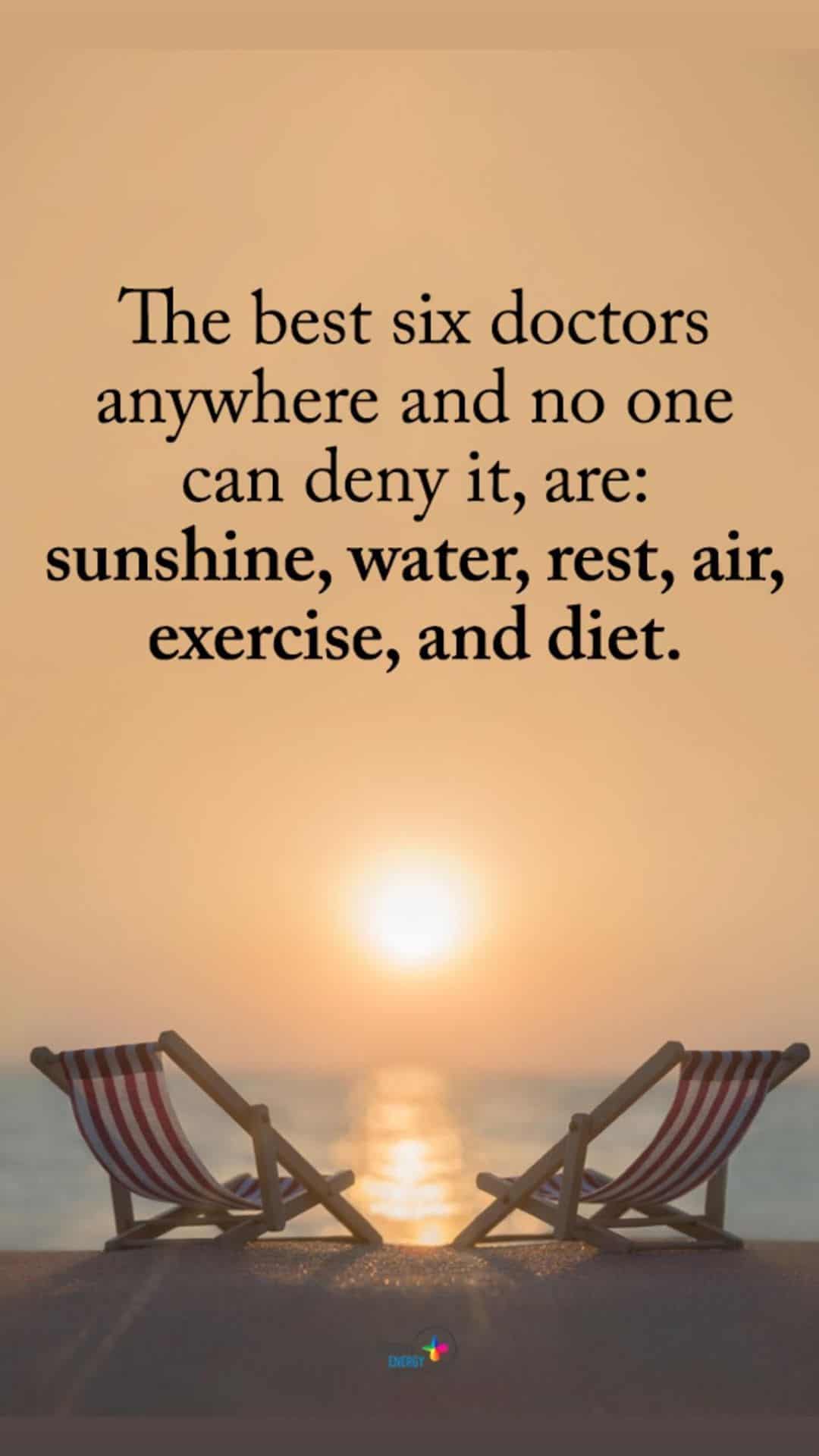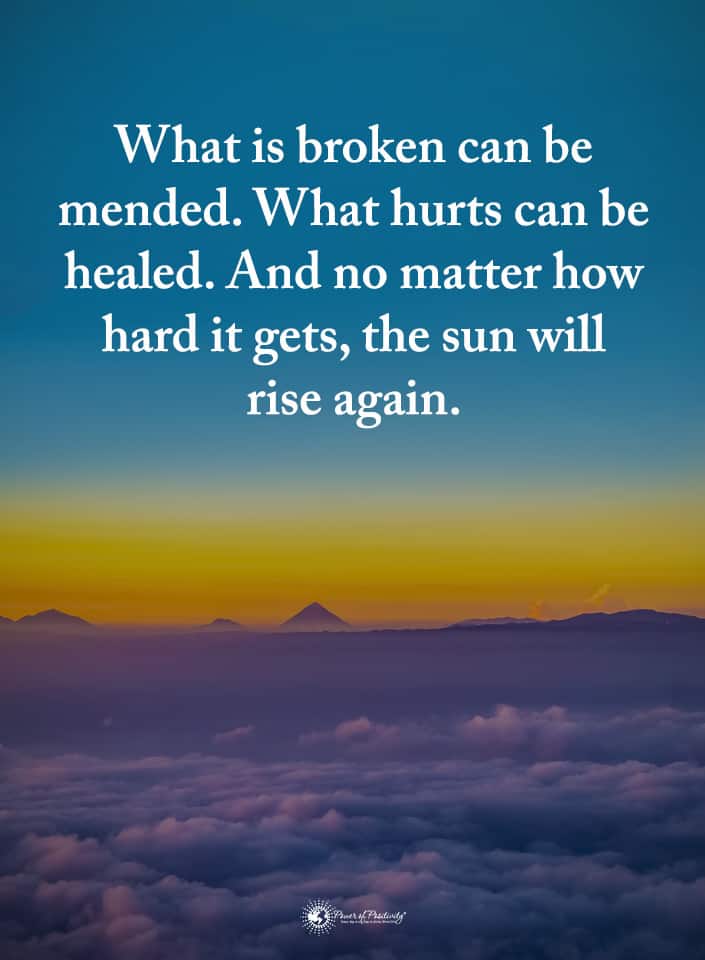Depression is a common mental health concern that is often diagnosed in people between the ages of 15-45 years of age. Though, it has no boundaries as it can affect those young and old of all nationalities and genders. Having major depressive disorder is a persistent feeling of overwhelming sadness that controls your life.
Many people who are depressed lose interest in the things that they love to do. You may not be able to get out of bed to do the laundry, clean your house, or make dinner for your family. Going to work may be impossible, especially if you don’t even have the strength to shower or get dressed.
Since this is a severe mental health problem that can escalate, you must seek help. The wide variety of emotional and physical issues can bring you to the point of suicide. What most people don’t understand is that depression is not the blues.
Sure, anyone can feel blue and down when life isn’t going the way they hoped, but it’s not something that you can control. The blues go away, but depression needs help to relinquish its hold. Consequently, many people think that those who are depressed can snap out of it, but it’s not that easy.
Symptoms of Major Depressive Disorder
A depressive episode may occur just once in your life, or you can have a steady battle with it. You will learn to notice the signs and symptoms and be able to thwart the condition with natural remedies and counseling. Here are some of the most reported symptoms of depression:
1. Sadness and Hopelessness
2. Anger and irritability
3. Loss of interest in usual activities
4. Feelings of worthlessness
5. Concentration issues
6. Suicidal thoughts or attempts
7. Trouble remembering things
8. Unexplained pains and headaches
9. Anxiety and panic attacks
10. Restlessness
11. Weight fluctuations
12. Slowed movements or thoughts
13. Chronic fatigue
14. Sleep disturbances -sleeping too much or too little
15. General malaise
Pediatric Depression
While many assume that depression is a problem that is experienced by adults, many children also face this mental health issue. It’s estimated that more than 2.8 million teenagers from ages 12-17 have experienced at least one bout with major depressive disorder. Sadly, about five percent have an ongoing battle and suffer in silence.
The signs and symptoms of depression in children are often different and not as easy for adults to recognize. Here are some of the common signs of pediatric depression:
1. Frequent crying
2. Complaints of belly hurting or other body aches
3. Refusing to go to school
4. Withdrawn from friends and family
5. Socially isolating in bedroom
6. Poor self-image
7. Experimenting with drugs or alcohol
8. Extreme sensitivity
9. Eating problems – either too much or too little
10. Sleeping difficulties – too much or too little
11. Anxiety – can display as hyperactivity
12. Feeling misunderstood
13. Self-harm
14. Suicide ideation or attempts
15. Seeing or hearing things that don’t exist
Getting Help for Major Depressive Disorder
There is a significant stigma attached to mental health, so many people won’t reach out to a doctor for help. You must talk to someone, especially if you are having thoughts of suicide or engaging in self-harm. A doctor will conduct some tests and pull blood work to ensure that there is nothing organic going on that can be explained.
Depression can mimic or be a symptom of a significant illness. For instance, those with Lupus have body aches and pains that make them unable to get out of bed. So, the person who has Lupus may become depressed. It doesn’t mean that it doesn’t need to be treated, but it means that there is an underlying condition fueling the pangs of your major depressive disorder.
Unlike traditional depression, major depressive disorder is a condition that has been around for a while, and it affects you most of the days of your life. After you’ve seen the doctor and determined that you are depressed, you must consider your treatment options.
Treatment Options for Major Depressive Disorder
Treatment options for depression are vast. The first course of action is antidepressant medications. These drugs are classified into different types, which are:
•Selective Serotonin Reuptake Inhibitors
•Serotonin- Norepinephrine Reuptake Inhibitors
•Tricyclic
•Monoamine Oxidase Inhibitors
The most prescribed are SSRI medications. These tend to have the least side effects and are more tolerated than the others. Sadly, more than 30 percent of the people who take these medications won’t find relief from their medicines.
Consequently, the doctor will want to add either an atypical or an antipsychotic medication to stimulate the antidepressants’ properties. The more pills you ingest, the more side-effects you are prone to have, and the harder it will be to come off these later.
Mental health medications and prescribing them for major depressive disorder is not cut and dry. Most can’t take a pill, and it all goes away. You will continuously need to be monitored and have your medications adjusted. Thankfully, you have other options that don’t come with the dependency or the scary side effects.
Natural Remedies for Major Depressive Disorder
You don’t need to double and triple up on medications to take care of your depression. Nature has provided some excellent options that are side effect free and good for you. Check out these seven natural ways to cure your chronic blues.
1. Switch to a Plant-Based Diet
This method is put first and foremost because you are what you eat. You were meant to ingest plants and vegetables of all varieties. Did you know that many people have cured significant illnesses, including depression, by merely removing meat, processed foods, and sugary substances from their life?
Nature has so many things that nourish the cells in your body, including those in your brain. Take, for instance, blueberries. One of the leading causes of depression is inflammation in the body. However, this sweet little delight has anthocyanins in them that fight inflammation.
Not to mention that they also boost serotonin levels and help fight specific depressive and anxiety conditions like PTSD. Now, imagine what a whole organic fruit salad can do for you?
2. Exercise
When you exercise, you release endorphins into your body. The vigorous movements make you feel amazing, but the chemicals surging through your body makes your brain feel good. Shockingly, a 20-minute workout can boost your brain chemicals enough as taking an antidepressant medication.
3. Fish Oil
There’s a considerable correlation between omega-3s and depression. Fish oil is a concentrated blend that has fantastic benefits as it’s packed with those omega-3s your body needs. It’s shown to reduce triglyceride levels, help you become heart-healthy, and assist with depression.
4. Probiotics
The gut-brain connection cannot be denied. When you take probiotics and get your digestive center on track, it helps your brain health too. Not only are people reporting having no depression, but they are also saying their anxiety goes away when they take probiotics.
5. Get Outside in Nature
Many of the people who complain of depression spend their days behind a desk and indoors. Many of these people are deficient in Vitamin D and not taking supplements. You don’t need to take an herb when you can go outside and let nature do her job.
Mother Nature provides ample doses of Vitamin D3 just by sitting outside for 20 minutes. Not only the sun helps but take a walk and ingest the clean air. Walk barefooted to feel the ground beneath your feet and help to ground you. Why do you think so many wellness camps and recovery centers focus on getting out in nature as part of their treatment plan?
6. Lavender
The natural anti-anxiety and antidepressant action of lavender cannot be denied. You can sprinkle it on your pillow at night, use it in a diffuser, or make a sachet. If you need an instant boost, why not sniff it right out of the bottle. Just make sure you’re using 100 percent essential oils, not a blend.
7. St. John’s Wart
St. John’s Wart is an herbal remedy that’s been used for decades. Many experts compare their abilities with that of the antidepressants Prozac. Though it takes some time to build up in your system, you will find that it’s an effective depression treatment.
Final Thoughts on Living with Major Depressive Disorder
Mental health is not an exact science. Even if you treat using herbals, you may need to change things up and around after your body becomes immune. Thankfully, there are many ways that you can fight your major depressive disorder and get back to living.
















 Community
Community

